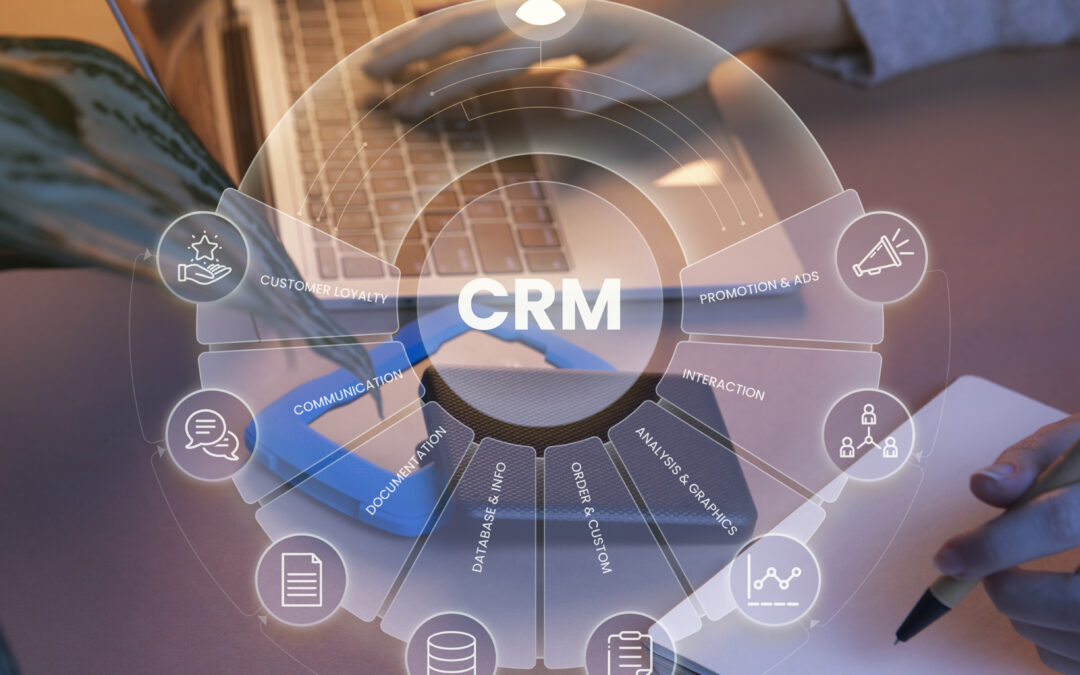In today’s digital-first business world, understanding your customers is not just important—it’s essential. Whether you’re a small startup or an enterprise-level organization, managing customer relationships effectively is the cornerstone of sustainable growth. That’s where modern Customer Relationship Management (CRM) systems come into play.
But gone are the days when CRM tools were just glorified contact databases. Today, modern CRM systems are robust platforms powered by AI, automation, and data analytics, capable of transforming your customer relationships into strategic assets.
In this in-depth blog post, we’ll explore what defines a modern CRM system, the key features to look for, and how these tools can revolutionize your sales, marketing, and customer service workflows. Whether you’re choosing your first CRM or thinking about switching platforms, this guide is your one-stop resource.
📌 Table of Contents
What Is a CRM System?
A Customer Relationship Management (CRM) system is a software platform designed to help businesses manage interactions with current and potential customers. Traditionally, it was limited to storing contact details and tracking sales leads. But today, a modern CRM system serves as the central hub for all customer data, communication history, marketing activities, and support interactions.
At its core, a CRM helps teams work smarter by keeping all customer-facing data in one place—ensuring that your business delivers personalized, timely, and efficient service.
Why Modern Businesses Need a CRM
In a world where customers expect immediate responses, personalized offers, and seamless experiences, companies without a CRM are left behind.
Here’s why modern businesses can’t afford to ignore CRM systems:
-
Increase in customer retention rates
-
Improved productivity through automation
-
Centralized customer information for all departments
-
Better forecasting and decision-making
-
Enhanced collaboration among teams
According to a Salesforce study, CRM applications can boost sales by up to 29%, increase productivity by 34%, and improve customer satisfaction by 42%. These are numbers no business can ignore.
1. Contact and Lead Management
The most basic yet essential function of any CRM is Contact and Lead Management.
Key Capabilities:
-
Storing contact details (name, email, phone number, job title)
-
Tracking interaction history (calls, emails, meetings)
-
Lead scoring based on engagement levels
-
Segmentation by demographics, behavior, or purchase history
Modern CRMs like HubSpot, Zoho CRM, and Salesforce offer dynamic dashboards that give a 360-degree view of every lead and customer, enabling your sales team to approach them with relevant information and offers.
Bonus Tip: Look for CRMs that integrate with your lead sources—such as landing pages, forms, or email campaigns—to automate lead capture and scoring.
2. Sales Pipeline Management
A modern CRM doesn’t just record sales activity—it drives it forward. Managing the sales pipeline is crucial for sales teams to stay organized and hit their targets.
Features to Look For:
-
Visual pipeline dashboards (Kanban-style boards)
-
Drag-and-drop deal management
-
Custom deal stages based on your sales process
-
Automatic follow-up reminders
With CRMs like Pipedrive or Freshsales, your team can visualize where each deal stands and identify bottlenecks in the sales process. This leads to shorter sales cycles and higher close rates.
3. Marketing Automation
A modern CRM tightly integrates with marketing functions to drive inbound lead generation and nurturing.
Essential Marketing Features:
-
Email campaign automation
-
Landing page and form builders
-
Customer segmentation and targeting
-
A/B testing for campaigns
-
Performance analytics
Tools like ActiveCampaign and Keap allow marketers to automate the customer journey, sending the right message at the right time based on user behavior.
This ensures that leads are warmed up and ready before your sales team makes contact.
4. Workflow Automation
Automation is the true game-changer in modern CRM systems.
What You Can Automate:
-
Lead assignment based on territory or priority
-
Task creation after specific actions
-
Email notifications for deal updates
-
Customer onboarding workflows
By using platforms like Monday.com CRM or Zoho, you can set rules and triggers to ensure that nothing slips through the cracks.
Pro Tip: Choose a CRM with no-code or low-code workflow builders to enable non-technical teams to design automations easily.
5. Customer Support and Service Tools
Your relationship with customers doesn’t end after a sale—it evolves. That’s why a great CRM includes robust customer support features.
Must-Have Support Tools:
-
Ticketing system for support issues
-
Knowledge base and help center
-
Live chat and chatbots
-
SLA tracking and escalation rules
CRMs like Zendesk Sell and ServiceNow offer integrated support modules that ensure faster issue resolution and higher customer satisfaction.
6. AI and Predictive Analytics
Artificial Intelligence (AI) is transforming CRMs into smart assistants.
What AI Brings to the Table:
-
Lead scoring using predictive modeling
-
Sales forecasting based on historical trends
-
Next-best-action suggestions
-
Sentiment analysis for customer messages
-
Automated data enrichment
For example, Salesforce Einstein and Zoho Zia are AI tools within their respective CRMs that offer actionable insights, saving your team time and guiding smarter decisions.
7. Multichannel Communication Integration
Your customers are everywhere—email, phone, social media, and chat. Modern CRMs must keep up.
Channels You Should Be Able to Integrate:
-
Email (Gmail, Outlook)
-
Social Media (Facebook, LinkedIn, Twitter)
-
Phone Systems and VoIP
-
Live Chat
-
SMS/Messaging Apps like WhatsApp
This omnichannel approach ensures you maintain continuity in conversations, no matter where they start.
CRMs like Bitrix24 and Zoho CRM Plus shine in multichannel communication by offering unified inboxes and channel-specific analytics.
8. Mobile Access and Cloud-Based Architecture
In today’s remote-first work culture, mobile access is non-negotiable.
Benefits of Cloud and Mobile CRM:
-
Work from anywhere, anytime
-
Real-time sync across devices
-
Mobile-friendly dashboards and notifications
-
Offline access for sales on the go
Cloud-based CRMs like Insightly or Nimble offer native apps for iOS and Android, allowing teams to work efficiently from the field.
9. Customization and Scalability
No two businesses are the same, so your CRM shouldn’t be one-size-fits-all.
Customizable Elements:
-
Fields and forms
-
Dashboards and reports
-
User roles and permissions
-
Workflows and automations
Look for CRMs with modular architecture, so you can start small and scale features as your needs grow. SugarCRM and Microsoft Dynamics 365 are great examples of enterprise-grade platforms that adapt to your business.
10. Data Security and Compliance
With growing concerns around data privacy, security isn’t optional—it’s mandatory.
Security Features to Demand:
-
End-to-end encryption
-
Role-based access control
-
Two-factor authentication (2FA)
-
GDPR, CCPA, HIPAA compliance support
-
Audit logs and data backups
Your CRM must align with global compliance standards, especially if you operate in multiple regions. Salesforce, Zoho, and HubSpot offer enterprise-grade security protocols to protect sensitive customer data.
Conclusion: Choosing the Right CRM for Your Business
A modern CRM system is more than a digital Rolodex—it’s the central nervous system of your business. From marketing and sales to support and analytics, every department benefits from having access to shared, real-time customer data.
When evaluating CRM systems, make sure you consider:
-
Ease of use
-
Integration capabilities
-
Customizability
-
Scalability
-
Support and training resources
The ideal CRM platform is the one that aligns with your business goals, team workflows, and growth plans.
Whether you’re leaning toward a lightweight tool like Nimble or a feature-rich giant like Salesforce, always test drive the platform and check user reviews before committing.














